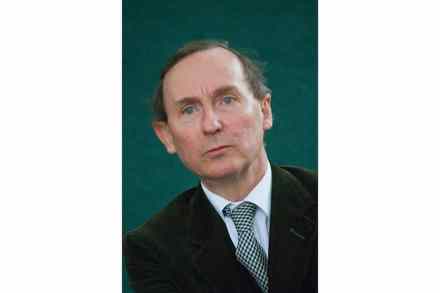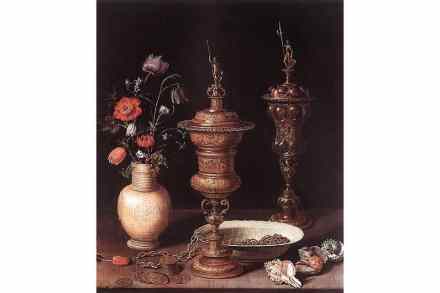A.N. Wilson has many regrets
More from Books‘Spare thou them, O God, which confess their faults.’ A.N. Wilson seems, on the surface, to have taken to heart the wise words of the Anglican general confession. Aged 71, he looks back on his life and career and records his regrets and failures both private and professional. His major concern is the failure of






























